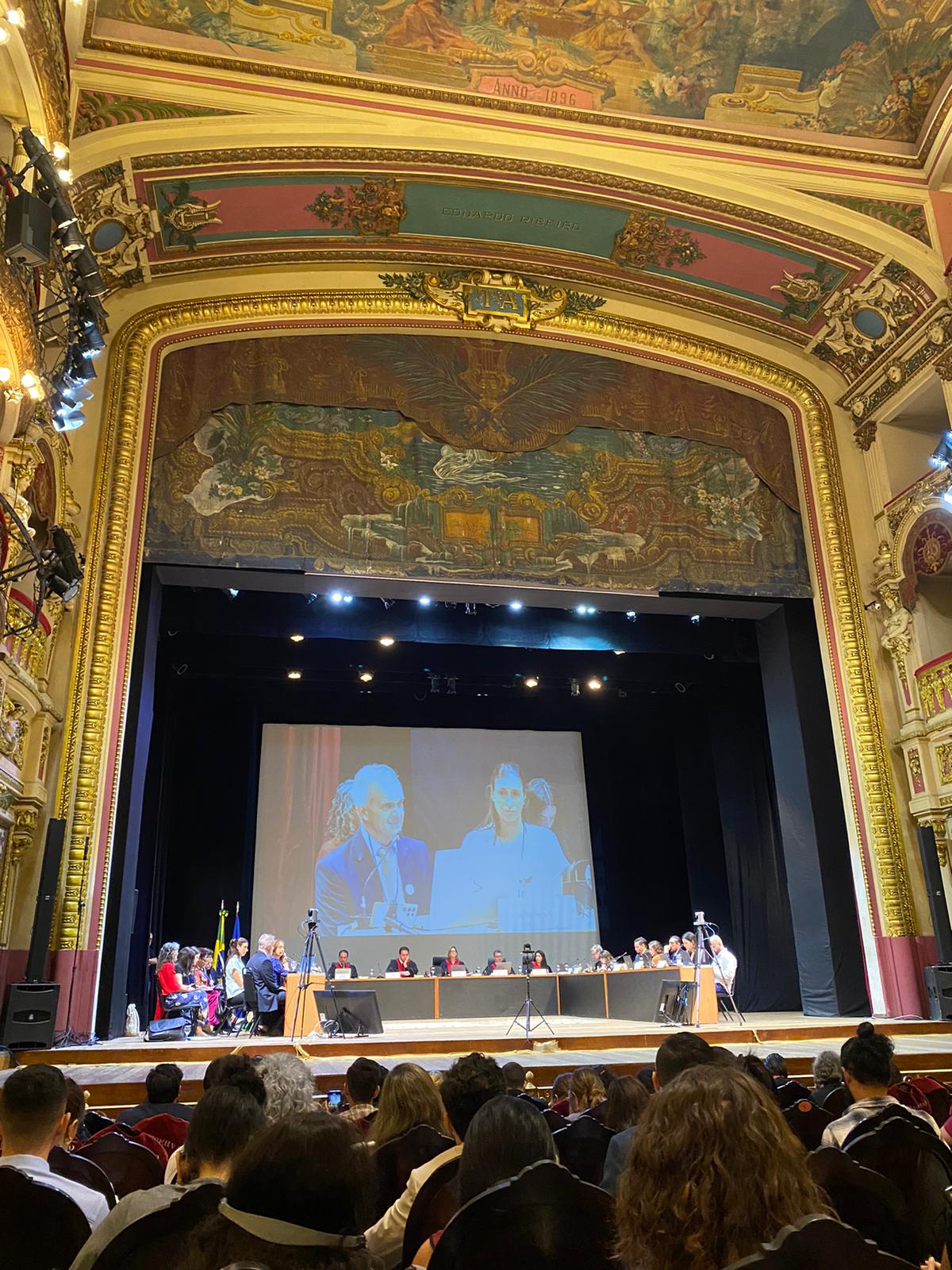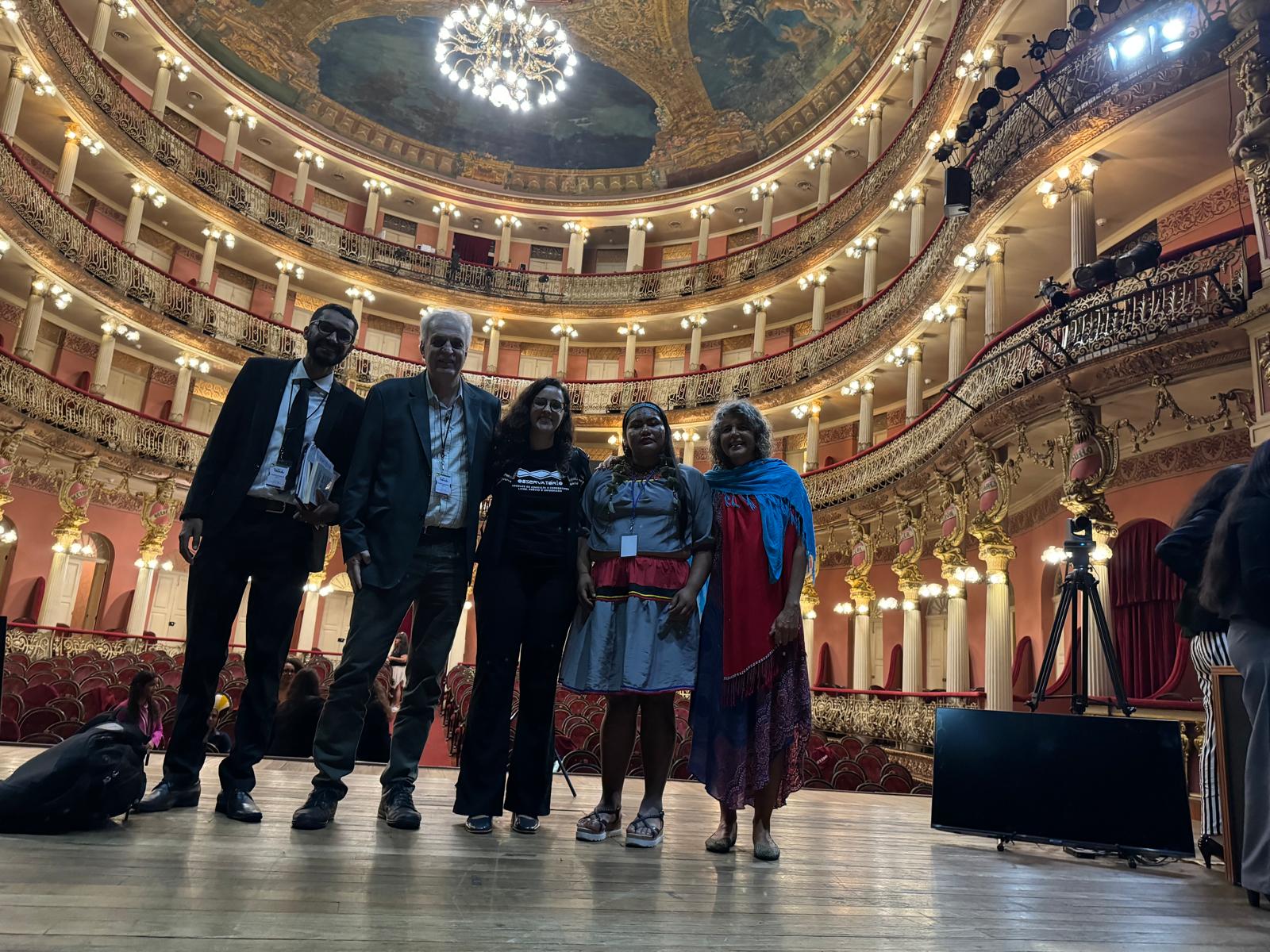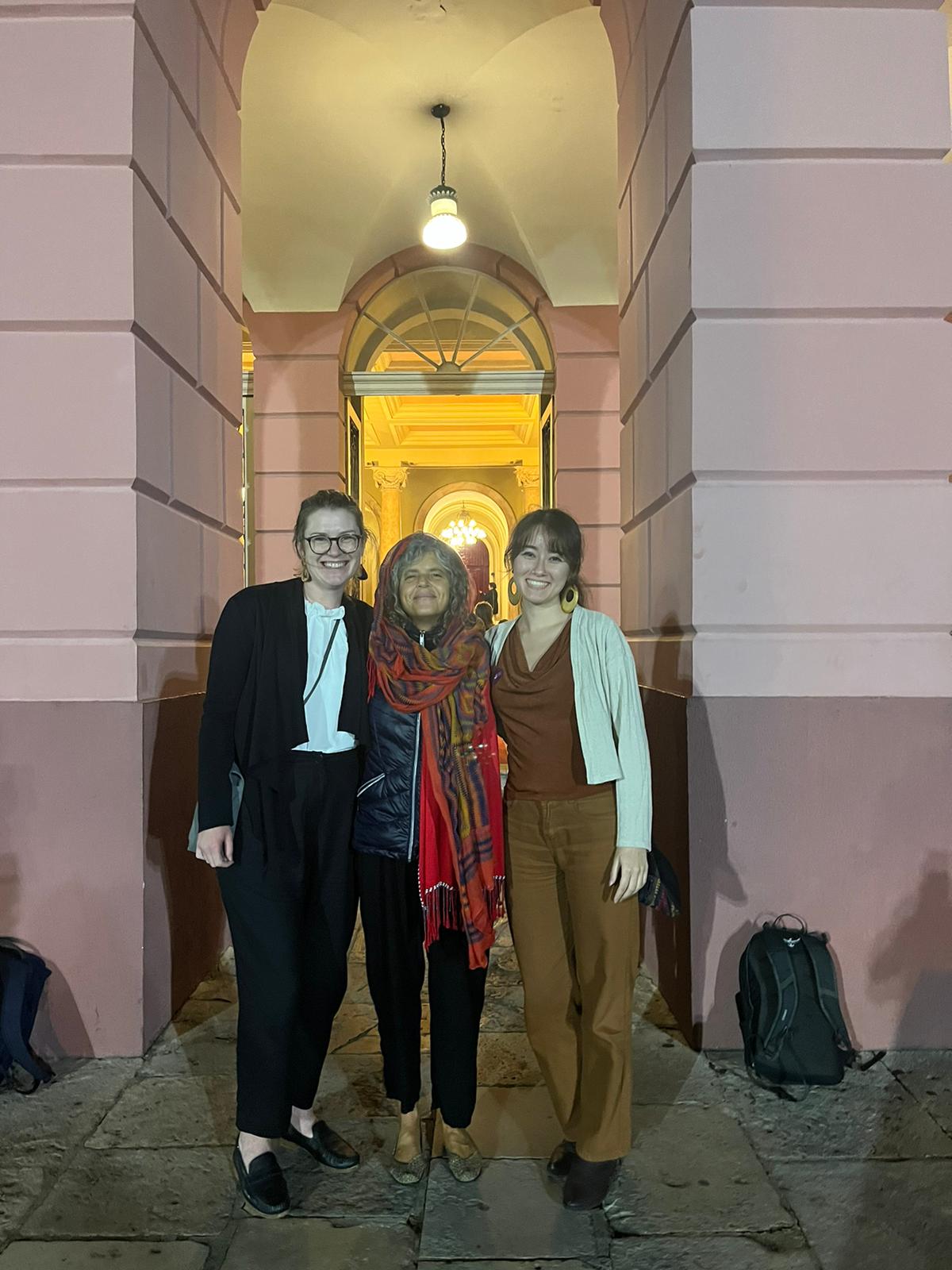Brazil Hearing Puts Human Face on the Climate Emergency and Human Rights

24 – 29 May 2024, Brazil – Amid the worst floods in the history of the Brazilian State Rio Grande do Soul, a historic climate gathering unfolded in the heart of the Amazon: The Inter-American Court of Human Rights convened its second groundbreaking hearing to address the Advisory Opinion on “The Climate Emergency and Human Rights,” bringing the stark realities of climate change to the forefront of States’ human rights obligations.
A Call to Action
Judge Nancy Hernández López, President of the Court, set the tone with a powerful call to action in her opening remarks:
"There are two fundamental issues that are the reason for this Session: the call for the care of our planet and democratic resilience, and the role of judges in this context."
Her words resonated deeply as the session began amidst the human suffering due to the extreme weather in Rio Grande Do Sul—a blunt reminder of the urgency of Court’s mission.
Context
The hearings were held both in Brasilia, the federal capital of Brazil, and Manaus, the capital of the State of Amazonas. They occurred amid historic flooding in Brazil, with impacts similar to a Category 5 hurricane with a cost of at least 10 billion reais (US$1.9 billion). As of 27 May, over 2.3 million people were affected by the massive flooding, with 169 reported deaths, 56 reported missing persons, 600,000 displaced persons, and 56,000 in shelters. Climate change made the event more than twice as likely and around six to nine percent more intense, according to the World Weather Attribution group.
Following three days of hearing in Bridgetown, Barbados, the Court organized an additional four days in Brazil where they heard from a diverse array of voices. From 9 a.m. to 7 p.m. daily, 116 delegations—comprising States, Indigenous communities, environmental defenders, NGOs, scientists, academic institutions, and youth advocates—shared their testimonies. These included children, women leaders, and frontline communities who have faced the brunt of climate change, many of whom had lost everything.
Leadership Engagement
The Court's engagement included meeting with Brazilian President Lula da Silva, and previously with Barbados Prime Minister Mia Mottley. These discussions underscored the need for a concerted human rights-based approach to tackling the climate crisis.
Highlighting Climate Science and the Need to Move from Voluntary to Mandatory Measures to Address the Climate Emergency
IGSD worked closely with partner organizations to put a human face to the climate crisis and ensure that the Court heard different voices that detailed the extent of the climate emergency and the need to use a human rights approach based on the latest science to solve this crisis. Many of the groups brought critical climate messages to the fore, including the need for fast, mandatory climate mitigation of methane and other short-lived climate pollutants (SLCPs) to avoid tipping points, the need for a new human right to resilience (to balance States’ mitigation and adaptation obligations), and the importance of legal standing for youth and future generations.
IGSD partners included Centro de Derechos Humanos y Ambiente (CEDHA), Centro por la Justicia y el Derecho Internacional (CEJIL), Global Action Plan, Kyklos, Kené, Observatorio por la Justicia Marina, CEMDA, Confederation Mapuche, and ALLIED among others, along with various universities. These partners testified about the critical importance of fast mitigation strategies, particularly in light of the threat of looming climate tipping points, with many also testifying about the need to reduce emissions of methane and other short-lived climate pollutants.
Resilience & Voices from the Frontlines
Resilience emerged as a central theme throughout the hearings. Judges of the Inter-American Court highlighted the need to build and maintain resilience and asked several questions on how an Advisory Opinion could help with the resilience needed on the ground. IGSD was the first organization to articulate the human right to resilience in its brief presented to the Court.
The most poignant moments came from the testimonies of those directly impacted by climate change. Frontline and displaced communities shared their harrowing experiences with sea level rise, floods, droughts, and extreme weather events. The Court listened to the voices of marginalized and vulnerable groups, including Indigenous and Afro-descendant communities, women, LGBTQ+ groups, and disabled persons. Their stories underscored the imperative to slow the rate of warming in the near term through effective action that can impact global temperature in the short term and the adaptation needs and limitations.
As the hearings drew to a close, the Court reflected on the unprecedented participation: "This concludes the oral phase of the Advisory Opinion with the largest participation in the history of the Inter-American Court of Human Rights."
Next Steps
This historic legal process will end with a specific Advisory Opinion on States’ human rights obligations vis a vis the climate emergency. These hearings have already highlighted the immense human cost of the climate crisis and reinforced the necessity of a human rights-based approach based on science to climate resilience through fast mitigation and adaptation.
For further details seeInter-American Court of Human Rights Press Release, Sesiones Históricas en Brasil: Concluye La Audiencia Sobre la Emergencia Climática, and also Folha de S. Paulo, Cortar superpoluentes pode evitar 0,6°C de aquecimento até 2050, diz relatório.



